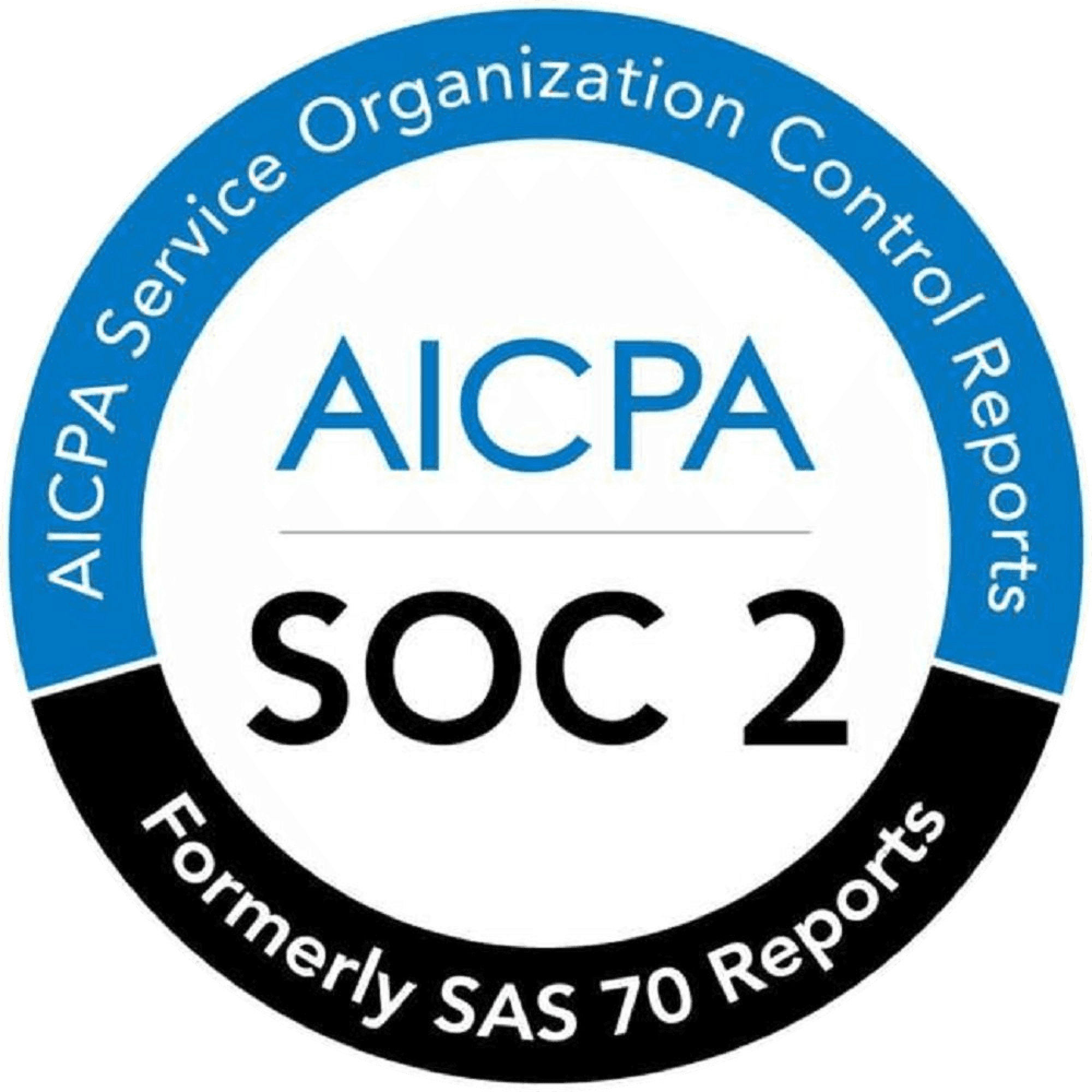In the ever-evolving landscape of cybersecurity, the emergence of a zero-day vulnerability often serves as a stark reminder of the risks organizations face. The recent discovery of CVE-2025-0282, a critical vulnerability in Ivanti VPN systems, has exposed enterprises worldwide to targeted espionage campaigns. Exploited by the threat group UNC5337, this flaw has raised alarms across the cybersecurity community due to its potential for devastating impacts.
It mirrors other recent high-severity vulnerabilities, such as CVE-2024-10905 in SailPoint IdentityIQ, which highlighted how weaknesses in identity and access management (IAM) platforms can be just as damaging as network flaws. Together, these incidents underscore that attackers are targeting both the perimeter (VPNs) and the core (IAM), leaving no layer of enterprise security immune.
This blog delves into the details of CVE-2025-0282, examining how it works, its implications, and how organizations can mitigate its risks.

About the Issue
CVE-2025-0282 is a zero-day vulnerability identified in Ivanti VPN, a widely used enterprise solution for secure remote access. The flaw allows attackers to execute arbitrary code on vulnerable devices, bypassing security controls and gaining unauthorized access to corporate networks. This vulnerability has been categorized as critical, given its exploitation in active attacks and its potential for significant damage.
How Does It Work?
The vulnerability lies in the mechanism Ivanti VPN uses to handle authentication requests. Here's a simplified explanation of the exploit process:
Authentication Flaw: The vulnerability enables attackers to manipulate authentication requests, bypassing user verification.
Remote Code Execution (RCE): Exploiting the authentication flaw, attackers can execute arbitrary commands remotely on the VPN server.
Network Penetration: Once inside, attackers can move laterally across the network, exfiltrating sensitive data or deploying additional payloads.
UNC5337, a known advanced persistent threat (APT) group, has been leveraging this vulnerability to target high-value organizations, focusing on industries where espionage yields significant strategic advantages.
Impact
The exploitation of CVE-2025-0282 has severe consequences, including:
Data Breaches: Compromised networks can lead to theft of intellectual property, trade secrets, and customer data.
Operational Disruption: Access to critical systems can be disrupted, halting business operations.
Espionage: The nature of the attacks indicates a focus on intelligence gathering, with geopolitical and industrial implications.
Who is Affected?
Organizations using Ivanti VPN solutions are directly affected by this vulnerability. The industries most at risk include:
Government agencies: Targeted for espionage and strategic information theft.
Defense contractors: High-value targets due to sensitive projects.
Healthcare: Vulnerable due to sensitive patient and research data.
Energy and critical infrastructure: Exploited for both financial and strategic motives.
Mitigation and Recommended Actions
Protecting your organization from CVE-2025-0282 requires immediate action. Here's a step-by-step guide to protecting your organization and recommended actions:
Apply Patches: Ivanti has released a security update addressing this vulnerability. Ensure all VPN systems are updated to Ivanti VPN version 23.5.2 or later, which contains the necessary fixes for CVE-2025-0282.
Monitor for Indicators of Compromise (IoCs): Identify and monitor suspicious activity in logs and network traffic.
Restrict Access: Implement stricter access controls for VPN systems, such as multi-factor authentication (MFA).
Conduct a Security Audit: Evaluate your network for vulnerabilities and ensure best practices are in place.
Employee Awareness: Train staff on recognizing phishing attempts and maintaining strong security hygiene.
Conclusion
CVE-2025-0282 is more than just another security flaw. It is an active zero-day exploit with global consequences. By targeting Ivanti VPN’s authentication system, attackers like UNC5337 are breaching networks, stealing data, and disrupting critical operations.
For organizations, the takeaway is clear: zero-days do not wait, and neither should you. Apply Ivanti’s latest patches, enable MFA, monitor logs, and conduct regular security audits to stay protected.
But patching alone is not enough. Modern attacks demand continuous vigilance. That is where CodeAnt AI helps. Our platform integrates code review, security scanning, and contextual AI-driven insights directly into your workflow so vulnerabilities are detected and mitigated before they become another CVE.
👉 Secure your pipelines and prevent the next zero-day with CodeAnt AI’s free trial.
In the ever-evolving landscape of cybersecurity, the emergence of a zero-day vulnerability often serves as a stark reminder of the risks organizations face. The recent discovery of CVE-2025-0282, a critical vulnerability in Ivanti VPN systems, has exposed enterprises worldwide to targeted espionage campaigns. Exploited by the threat group UNC5337, this flaw has raised alarms across the cybersecurity community due to its potential for devastating impacts.
It mirrors other recent high-severity vulnerabilities, such as CVE-2024-10905 in SailPoint IdentityIQ, which highlighted how weaknesses in identity and access management (IAM) platforms can be just as damaging as network flaws. Together, these incidents underscore that attackers are targeting both the perimeter (VPNs) and the core (IAM), leaving no layer of enterprise security immune.
This blog delves into the details of CVE-2025-0282, examining how it works, its implications, and how organizations can mitigate its risks.

About the Issue
CVE-2025-0282 is a zero-day vulnerability identified in Ivanti VPN, a widely used enterprise solution for secure remote access. The flaw allows attackers to execute arbitrary code on vulnerable devices, bypassing security controls and gaining unauthorized access to corporate networks. This vulnerability has been categorized as critical, given its exploitation in active attacks and its potential for significant damage.
How Does It Work?
The vulnerability lies in the mechanism Ivanti VPN uses to handle authentication requests. Here's a simplified explanation of the exploit process:
Authentication Flaw: The vulnerability enables attackers to manipulate authentication requests, bypassing user verification.
Remote Code Execution (RCE): Exploiting the authentication flaw, attackers can execute arbitrary commands remotely on the VPN server.
Network Penetration: Once inside, attackers can move laterally across the network, exfiltrating sensitive data or deploying additional payloads.
UNC5337, a known advanced persistent threat (APT) group, has been leveraging this vulnerability to target high-value organizations, focusing on industries where espionage yields significant strategic advantages.
Impact
The exploitation of CVE-2025-0282 has severe consequences, including:
Data Breaches: Compromised networks can lead to theft of intellectual property, trade secrets, and customer data.
Operational Disruption: Access to critical systems can be disrupted, halting business operations.
Espionage: The nature of the attacks indicates a focus on intelligence gathering, with geopolitical and industrial implications.
Who is Affected?
Organizations using Ivanti VPN solutions are directly affected by this vulnerability. The industries most at risk include:
Government agencies: Targeted for espionage and strategic information theft.
Defense contractors: High-value targets due to sensitive projects.
Healthcare: Vulnerable due to sensitive patient and research data.
Energy and critical infrastructure: Exploited for both financial and strategic motives.
Mitigation and Recommended Actions
Protecting your organization from CVE-2025-0282 requires immediate action. Here's a step-by-step guide to protecting your organization and recommended actions:
Apply Patches: Ivanti has released a security update addressing this vulnerability. Ensure all VPN systems are updated to Ivanti VPN version 23.5.2 or later, which contains the necessary fixes for CVE-2025-0282.
Monitor for Indicators of Compromise (IoCs): Identify and monitor suspicious activity in logs and network traffic.
Restrict Access: Implement stricter access controls for VPN systems, such as multi-factor authentication (MFA).
Conduct a Security Audit: Evaluate your network for vulnerabilities and ensure best practices are in place.
Employee Awareness: Train staff on recognizing phishing attempts and maintaining strong security hygiene.
Conclusion
CVE-2025-0282 is more than just another security flaw. It is an active zero-day exploit with global consequences. By targeting Ivanti VPN’s authentication system, attackers like UNC5337 are breaching networks, stealing data, and disrupting critical operations.
For organizations, the takeaway is clear: zero-days do not wait, and neither should you. Apply Ivanti’s latest patches, enable MFA, monitor logs, and conduct regular security audits to stay protected.
But patching alone is not enough. Modern attacks demand continuous vigilance. That is where CodeAnt AI helps. Our platform integrates code review, security scanning, and contextual AI-driven insights directly into your workflow so vulnerabilities are detected and mitigated before they become another CVE.
👉 Secure your pipelines and prevent the next zero-day with CodeAnt AI’s free trial.
FAQs
What is CVE-2025-0282?
Who is exploiting CVE-2025-0282?
Has Ivanti released a fix for CVE-2025-0282?
Which industries are most at risk from CVE-2025-0282?
How do I protect my systems from CVE-2025-0282?
Table of Contents
Start Your 14-Day Free Trial
AI code reviews, security, and quality trusted by modern engineering teams. No credit card required!
Share blog:















